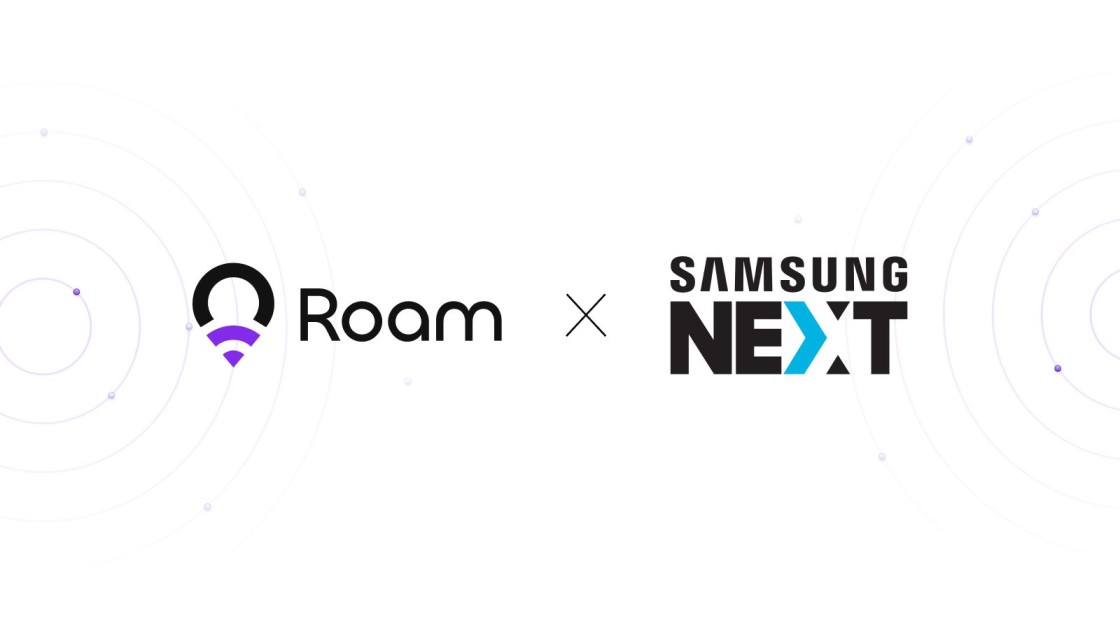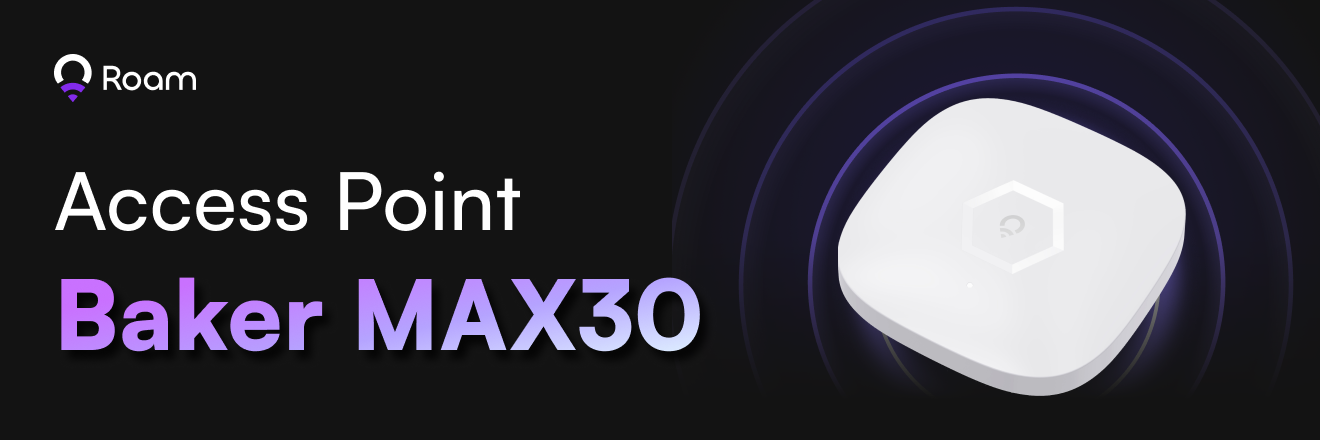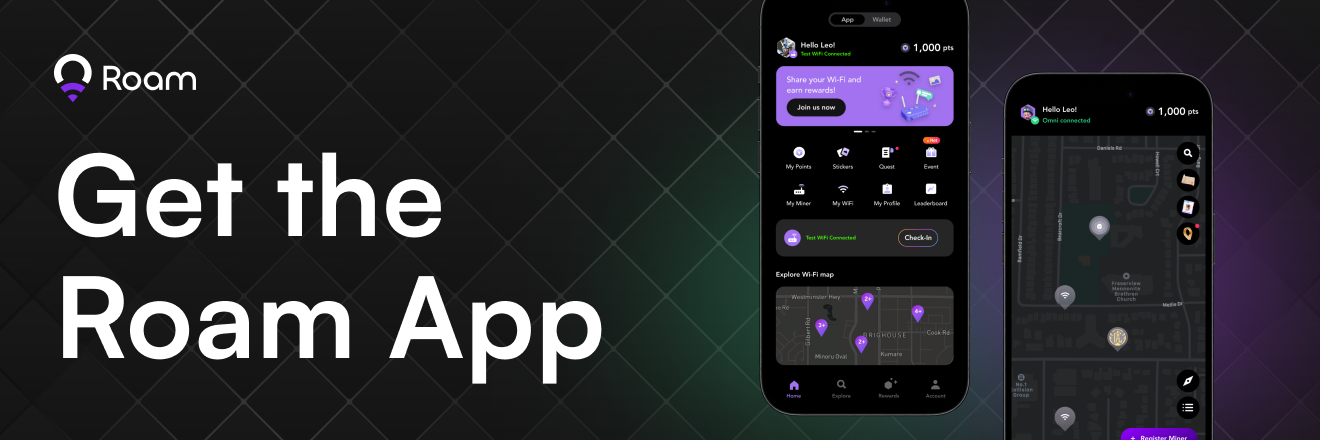Samsung Next has invested in Roam, reinforcing its vision of building a decentralized global WiFi network. This support will help Roam scale its solution, enhancing global connectivity and providing free, secure WiFi access worldwide.
In 2024, Roam stands out as a leading project in the decentralized physical infrastructure network (DePIN) sector. Roam’s goal is to unify millions of WiFi spots into a single, decentralized global network, offering enterprise-level roaming services and a rewarding user experience. Following its integration with the Solana blockchain, Roam’s growth has accelerated significantly.
Having successfully raised $5 million in a strategic funding round led by Anagram and Volt Capital, Roam has now secured a new investment from Samsung Next, the venture capital arm of Samsung Electronics.

Samsung Next and Its Investment
Samsung Next is known for its focus on high-impact sectors including artificial intelligence, blockchain, fintech, health tech, infrastructure, and media tech. In the early stages of the DePIN sector, Samsung Next invested in successful projects like IoTeX, which has emerged as a top-tier player. Roam is now the only DePIN project that Samsung Next has chosen to invest in during this cycle, highlighting its potential to become the next leader in the sector.
Samsung Next’s investment in Roam reinforces its commitment to developing a global WiFi network driven by blockchain technology. This support will enable Roam to scale its groundbreaking solution, enhance global connectivity, and support the vision of providing free and secure WiFi access to users worldwide.
Roam’s Growth and Market Position
To date, the project has over 360,000 WiFi nodes across more than 180 countries, serving over 480,000 app users. This expansive network includes more than 3.5 million OpenRoaming nodes provided by partners like Boingo, Cisco, and Global Reach.
Roam’s broad coverage and rapid growth make it a key player in the DePIN sector. Currently, Roam ranks fourth globally on DePINscan.io based on the total number of nodes, highlighting its significant presence and influence within the DePIN ecosystem.
Economic Model and Tokenomics
A well-designed token incentive mechanism plays a crucial role to the project’s success. Roam rewards users for their contributions to the network expansion, such as checking in and adding WiFi nodes in locations like cafes, shopping malls, public transit stations, and commercial buildings.
Roam’s economic model features several key components:
- Roam Points: These serve as internal tokens that users can earn by completing simple actions such as adding new WiFi nodes, Checking-In to existing ones, or referring friends. Roam Points can be burned for $ROAM tokens after the Token Generation Event (TGE).
- $ROAM Token: Users can own $ROAM by purchasing them on exchanges after listing, burning Roam Points, or participating in airdrop events. These tokens can be used for trading, verifying network services, participating in community governance, and obtaining operational rights.
- MetaBlox NFT: Owning a MetaBlox NFT is like deploying a Roam miner. NFT holders earn Roam Points through cloud mining or $ROAM tokens by staking their NFTs. This model creates a sophisticated, interconnected token ecosystem that balances effective incentives with stability.
With its groundbreaking approach and support from Samsung Next, Roam will continue to enhance seamless and secure connectivity for its users while supporting Samsung’s goal of advancing technology.











